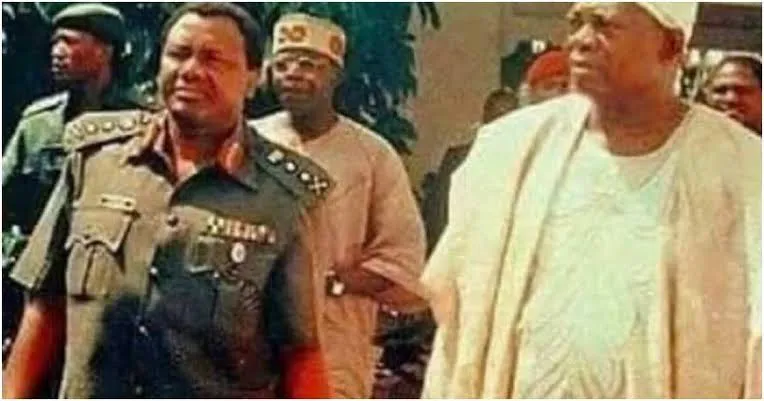
June 12: Five Key Things To Know About Nigeria’s Most Historic Election
For millions of Nigerians, June 12, 1993, is more than just a date on the calendar—it’s a powerful reminder of a dream deferred, a democratic promise betrayed, and a turning point that redefined the nation's political path.
As Nigeria marks Democracy Day 2025, Naija News reflects on that historic moment—one that ignited a national movement and reshaped the country’s democratic journey.
Here are five essential things to know about June 12 and its enduring legacy:
1. Nigeria’s Freest and Fairest Election
The presidential election held on June 12, 1993, is widely regarded as the most credible in Nigeria’s history. It was conducted under a two-party system, a rare period of political clarity.
Moshood Kashimawo Olawale (MKO) Abiola, representing the Social Democratic Party (SDP), was poised for victory over Bashir Tofa of the National Republican Convention (NRC). The election broke ethnic, religious, and regional barriers, uniting Nigerians with renewed hope for true democratic change.
2. A Devastating Annulment That Shook the Nation
Despite credible results pointing to an overwhelming win for Abiola, then-military ruler General Ibrahim Babangida annulled the election—citing unproven “irregularities.”
The decision sparked widespread outrage and plunged Nigeria into political chaos. Decades later, in a 2025 autobiography, Babangida expressed regret—an acknowledgment that came long after the damage was done.
3. Protests, Brutality, and Abiola’s Tragic Death
The annulment unleashed nationwide protests, particularly in the southwest. In response, the military regime cracked down violently—resulting in the deaths of hundreds and the arrest of countless activists.
In 1994, Abiola declared himself president and was arrested. He would spend the next four years in detention, dying under suspicious circumstances on July 7, 1998, just as his release was being negotiated.
4. June 12 Became the Face of Democratic Resistance
The injustice of June 12 galvanized civil society. Student groups, human rights advocates, media, and ordinary citizens mobilized, transforming the day into a symbol of resistance against tyranny.
Their unrelenting pressure played a crucial role in the eventual return to civilian rule in 1999. In recognition of its significance, President Muhammadu Buhari officially designated June 12 as Nigeria’s Democracy Day in 2018—honoring Abiola and the movement he inspired.
5. A Legacy That Still Resonates
More than 30 years later, the wounds of June 12 remain raw for many. The annulment is still a subject of national debate, with calls for full recognition of Abiola’s mandate and justice for the lives lost.
The events of that day continue to raise difficult questions about the military's role in Nigeria’s past—and the safeguards needed to protect its democratic future.
More Than a Date
June 12 stands as a symbol of Nigeria’s enduring struggle for justice, accountability, and democratic governance. It is a reminder of the courage of those who stood against oppression—and a call to all Nigerians to guard the democracy that was once denied, but ultimately reclaimed.


















